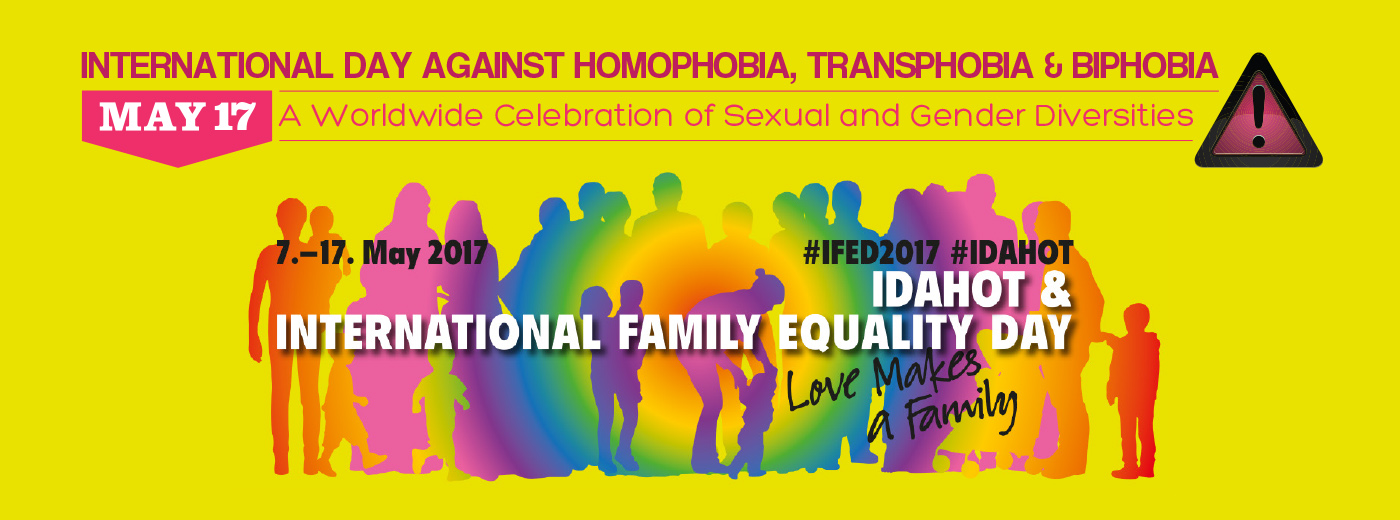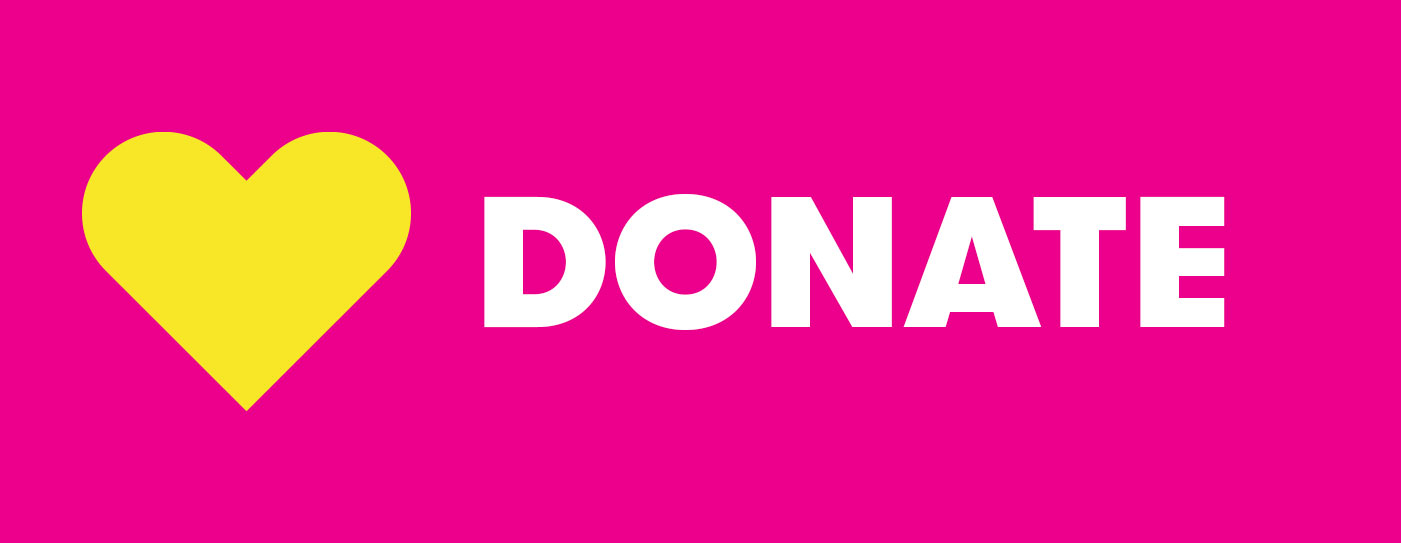LGBTI rights advocates are helping to raise the visibility of rainbow families, as well as tackle LGBTI-related prejudice as part of a range of activities to mark the International Day Against Homophobia, Transphobia and Biphobia (IDAHOT) on Wednesday, May 17.
Given the proximity of dates and shared values, IDAHOT and International Family Equality Day (IFED) have joined forces this year to come up with the theme Love Makes A Family and are encouraging people to hold events between 7 May (IFED) to 17 May.
As NSW’s leading LGBTI health organisation, we will support 10 groups and organisations in NSW for IDAHOT through the provision of a small grants scheme that aims to focus attention on the impact that homophobia, transphobia and biphobia has on the health and wellbeing of LGBTI families.
In its fifth year of providing support, five metro and five regional events will each receive a $500 grant to go towards recognising the important day and promoting the message that LGBTI families need to be protected from homophobic and transphobic-motivated prejudice, harassment, violence and discrimination.
“Despite significant progress made over recent years in fostering a more inclusive society in Australia, many LGBTI Australians and families continue to be targets, of violence, discrimination and exclusion,” says Nicolas Parkhill, ACON CEO.
“Indeed, just because of their sexuality or gender identity, many Australians are separated from family and friends, harassed in their workplace or on the sporting field, abused by their neighbours or assaulted on the street. This is why IDAHOT has been capturing the interest of more and more people right across the world.”
“ACON celebrates all families, whether traditional, kinship or chosen, it’s really just love that counts. We’re excited to help celebrate the rich diversity that makes up so many rainbow families around Australia, and by raising visibility we hope to work to address the discrimination they continue to face.”
IDAHOT takes place every year on May 17, the day in 1990 that homosexuality was removed from the World Health Organisation’s International Classification of Diseases. Celebrated in over 130 countries, IDAHOT, aims to unite millions of people in support of the recognition of human rights for all, irrespective of sexual orientation, gender identity or expression.
Given the combined themes we have broadened the scope for IDAHOT grants and will be funding events between 7 May and 17 May. Priority will be given to events that support the Love Makes A Family theme but other applications will also be considered.
To apply for one of the grants, please fill out the application form here.
For more information about the grants contact Michael Atkinson: (02) 9206 2116 or matkinson@acon.org.au
Applications close Wednesday 5 April.
ENDS
For more information please contact:
David Alexander, ACON Media and Communications Officer
E: dalexander@acon.org.au T: +61 (02) 9206 2044 M: +61 (0)428 477 042

